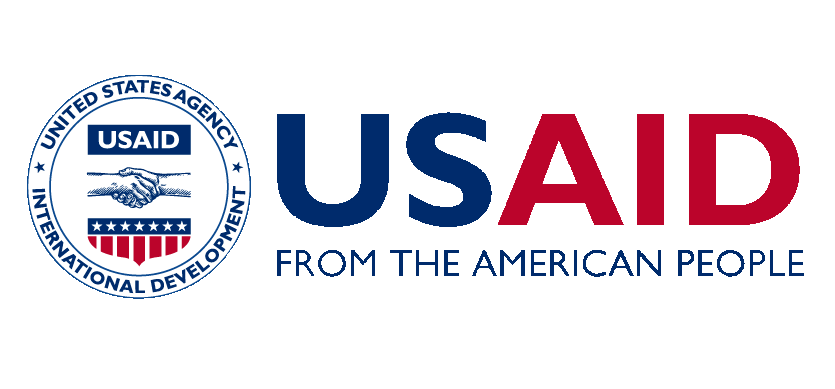Intercambio Sur-Sur sobre Integración Población-Salud-Medio Ambiente (PHE) para Ejecutivos de Gobierno y ONG
A report on the USAID-funded BALANCED Project-sponsored South-to-South learning opportunity for government and non-governmental officials to observe how local stakeholders in the Philippines implement integrated Population, Health and Environment (PHE) approaches.


